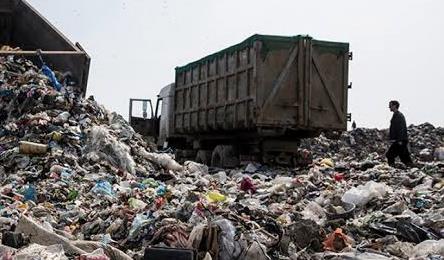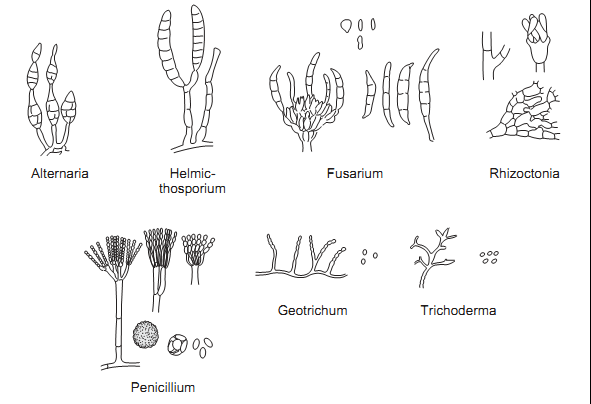Untreated municipal solid wastes cause several environmental and health problems including the release of methane […]
Tag: environmental microbiology
Anaerobic Digestion: Principles, Microbial Ecology, and Applications
Anaerobic digestion (AD) refers to the biological breakdown of complex organic materials, particularly those of […]
SIGNIFICANCE OF BIODETERIORATION/BIODEGRADATION
Microorganisms are ubiquitous and they play several roles in the degradation of recalcitrant organic and […]
HOST-PARASITE RELATIONSHIPS (MICROBIAL ASSOCIATIONS)
A host-parasite relationship is an association that exists between two organisms known as the host […]
Environmental Microbiology
Environmental microbiology is the study of microbial processes in the environment, microbial communities and microbial […]






